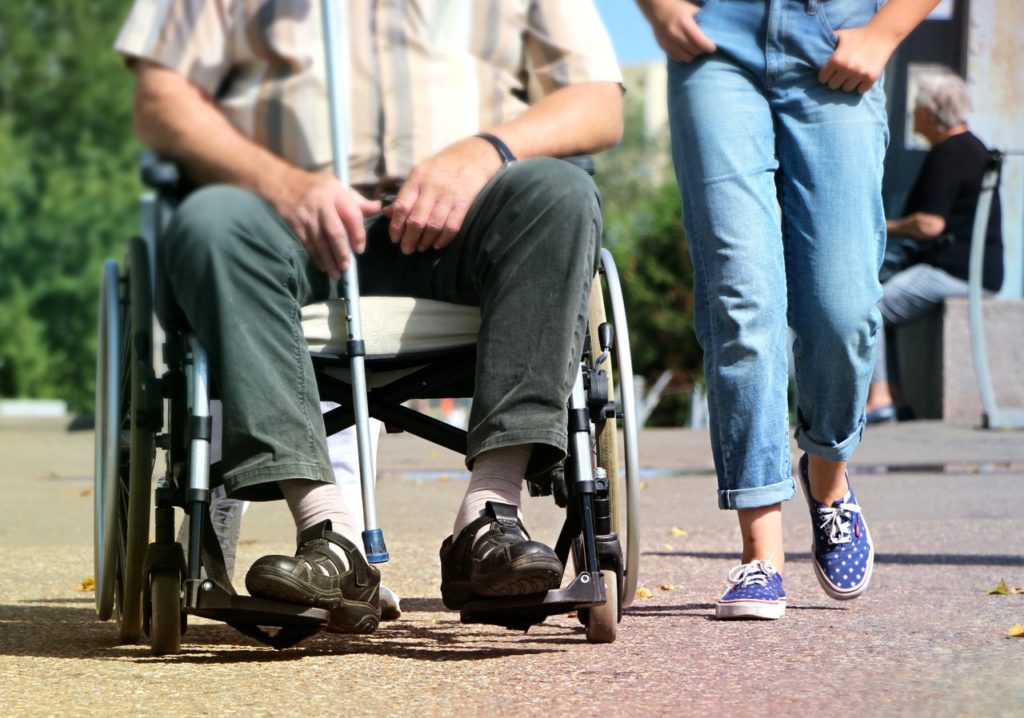More than 29,000 of Belgium’s population of people who are unable to work because of a long-term illness have been granted an allowance to cover them until they reach pensionable age.
The decision was taken this week by the Higher Commission of the Medical Council on Invalidity (CMI), and takes the place of a regular review of the sector due to take place this year.
According to the State Institute for Sickness and Invalidity Insurance (Inami), 459,561 people in Belgium were registered as sick and unable to work for more than a year in June last year – those considered long-term invalid. That comes to roughly one person invalid for every ten people in work.
And not only is the number expected to top 500,000 by the end of the year by natural growth, but the ongoing Covid-19 epidemic is expected to see the number take on a new growth spurt, whether from people suffering the long-term effects of the infection, or from those succumbing to the psychological problems associated with the situation.
One-third of all long-term invalids suffer from mental problems.
The latest decision affects 29,229 people in one of three categories:
those of any age who have been unable to work for ten years or more;
those aged 58 or over; and
those aged 50 or over who have been unable to work for five years or more.
Those people are already receiving benefits, but the decision takes away the need for regular review of their cases.
The Higher Commission is made up of nine physicians delegated by the health insurers or mutualities, and nine by the Inami itself. Their job is to rule on individual cases.
The decision to excuse a large section of the invalid population from review was, a spokesperson for Inami told De Standaard, “a unique and particularly exceptional operation”.
“The workload for doctors had to be reduced,” physician coordinator Chantal Castelein told the paper.
“Due to the corona crisis, the advising physicians were temporarily unable to carry out physical consultations. They now have to catch up. And because of the strict corona measures, they can also bring in fewer people.”
Care reviews will now, she said, be able to concentrate on those who have recently become invalid, and younger people in general, where there is still a chance for revalidation to take place, which studies have shown is very rare in the case of older and longer-term invalidity.
However the new status is not necessarily permanent, she said. A review will take place next year, and after that, individual cases can always be reversed.
“The decision of recognition until retirement is never final. We can always revise cases.”
Alan Hope
The Brussels Times

